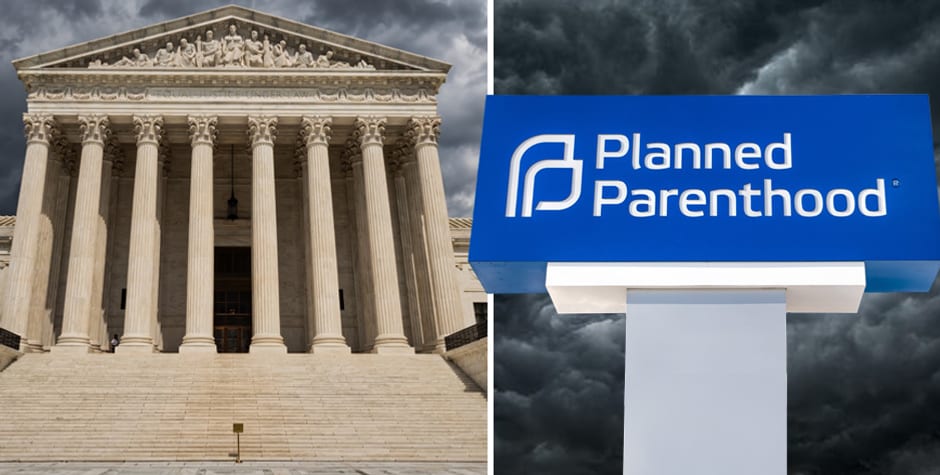Supreme Court Agrees To Hear Major Case That Could Allow States to Defund Planned Parenthood
Listen tothis article
This week the Supreme Court of the United States granted review in Kerr v. Edwards. This is a hugely important case that could have a dramatic impact on the ability of the states to stop the flow of taxpayer dollars to Planned Parenthood, the nation’s largest abortion provider.
As we explained earlier, this case arose after South Carolina Governor Henry McMaster issued an executive order directing the South Carolina Department of Health & Human Services (DHHS) to deem abortion clinics unqualified to receive Medicaid funding. Planned Parenthood and an individual plaintiff immediately sued in federal court, challenging the state’s decision.
This is the third time the case has come before the Supreme Court. We explained the case’s history before the Supreme Court previously. Each time the arguments supporting the grant of review grew stronger, and each time the ACLJ filed friend-of-the-court briefs in support of South Carolina.
The central issue in Kerr is whether individual Medicaid beneficiaries can challenge state decisions to disqualify abortionists, such as Planned Parenthood, as Medicaid service providers. Several federal appellate courts have held that they can. What that effectively does is coerce states into doing business with Planned Parenthood and into funneling taxpayer funds to pay for the services that Planned Parenthood provides to Medicaid patients.
But two federal appellate courts have held that Medicaid beneficiaries can’t sue states that disqualify Planned Parenthood. This is a major blow to Planned Parenthood’s bottom line.
We are now preparing an amicus brief on the merits of the case, urging the Supreme Court to hold that states can disqualify Planned Parenthood as Medicaid service providers and that individual plaintiffs can’t undermine that policy decision. Our brief will likely be due in early February, and oral argument will be held sometime in spring 2025. With your ongoing support, we will continue the fight against taxpayer subsidization of Planned Parenthood.
